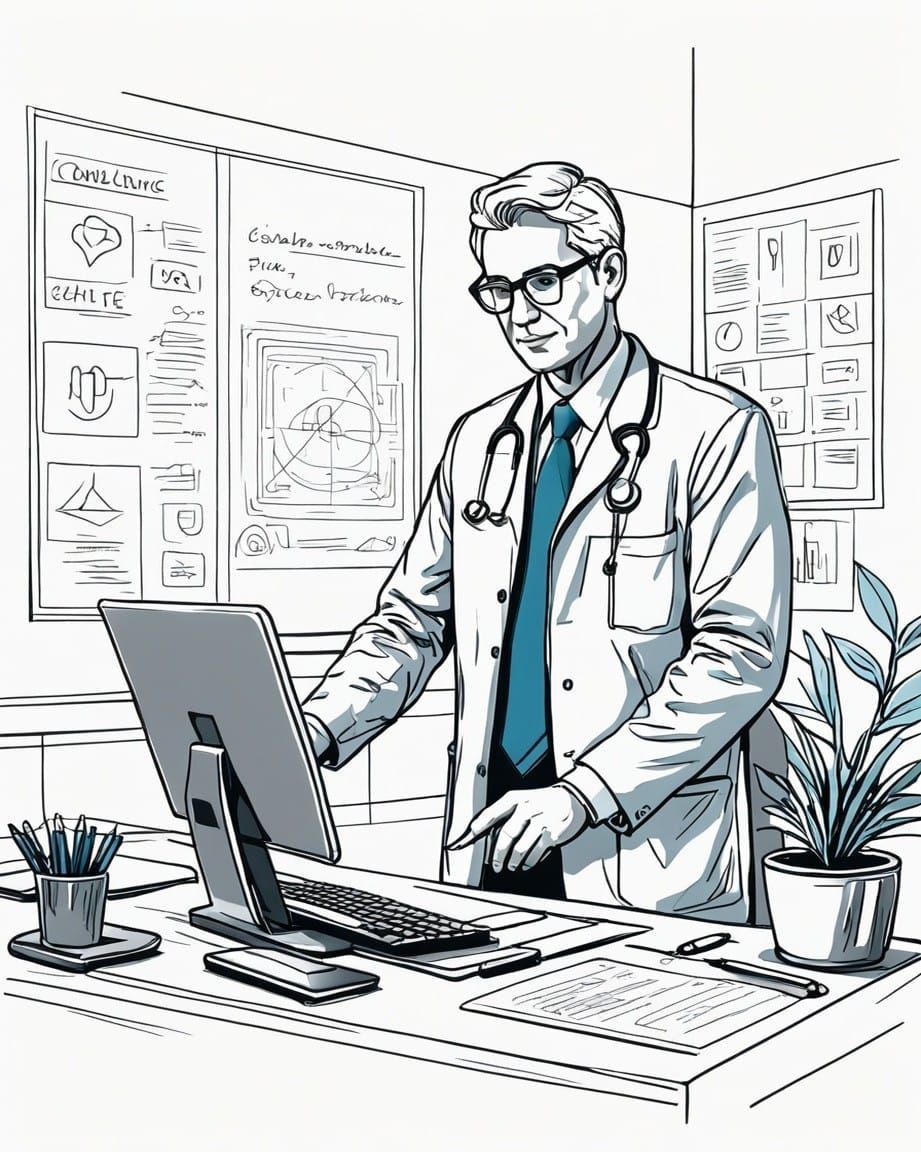Health Technology Assessment (HTA) plays a crucial role in modern healthcare systems, serving as a bridge between scientific research and policy-making. This systematic evaluation process examines the properties, effects, and impacts of health technologies, including medical devices, pharmaceuticals, and procedures.
Comprehensive Evaluation of Healthcare Innovations
HTA is a multidisciplinary approach that goes beyond mere clinical effectiveness. It encompasses social, economic, organizational, and ethical dimensions of health interventions. This holistic evaluation ensures that new technologies are not only medically beneficial but also socially acceptable and economically viable.
Informed Decision-Making for Resource Allocation
One of the primary purposes of HTA is to inform decision-making in healthcare. By providing evidence-based insights into the cost-effectiveness and clinical outcomes of various health interventions, HTA enables policymakers, healthcare providers, and insurers to allocate resources efficiently. This is particularly crucial in a world with finite healthcare resources and increasing demand for innovative solutions.
Ensuring Patient-Centered Care
HTA contributes significantly to patient-centered care by evaluating which innovative health interventions have the greatest beneficial effect for patients. It focuses on patient outcomes and experiences, ensuring that healthcare decisions align with the goal of providing high-quality, patient-centered care. This approach not only enhances the quality of healthcare delivery but also promotes transparency and accountability in decision-making processes.
Cost-Effectiveness and Economic Impact
In the face of rising healthcare costs, HTA plays a vital role in assessing the economic impact of new technologies. It helps identify cost-effective interventions, ensuring that healthcare systems get the best value for their investments. This is particularly important as new technologies are often costlier than older ones and contribute to rising health expenditures.
Continuous Improvement and Innovation
The dynamic nature of healthcare requires ongoing assessment and adaptation. HTA provides a framework for continuous improvement, fostering innovation and driving efficiency in healthcare delivery. It ensures that new technology is not added until proven effective, while older technology is not removed until shown to be ineffective or not cost-effective.
Global Perspective and Standardization
HTA is gaining recognition globally as a tool to advance the implementation of Universal Health Coverage (UHC). International efforts are underway to standardize HTA processes, as evidenced by the EU HTA regulation that establishes uniform guidelines in the European Health Technology Assessment sector starting from January 2025. This standardization aims to improve access to innovative therapies and reduce administrative burdens across countries.
Challenges and Future Directions
Despite its importance, the implementation of HTA remains at a low level in some countries. There is a growing need for establishing institutional frameworks for HTA-based decision-making, creating linkages between HTA and decision-makers, and encouraging institutional responsibility. Future efforts should focus on strengthening HTA capacity globally through advocacy, raising awareness, and collaboration between member states and established partners.
In conclusion, Health Technology Assessment is an indispensable tool in modern healthcare settings. It not only helps optimize resource allocation and improve patient outcomes but also fosters a dynamic and responsive healthcare system capable of meeting evolving patient needs. As we continue to navigate the complexities of healthcare decision-making, HTA remains an invaluable asset in shaping a prosperous and efficient healthcare future.


